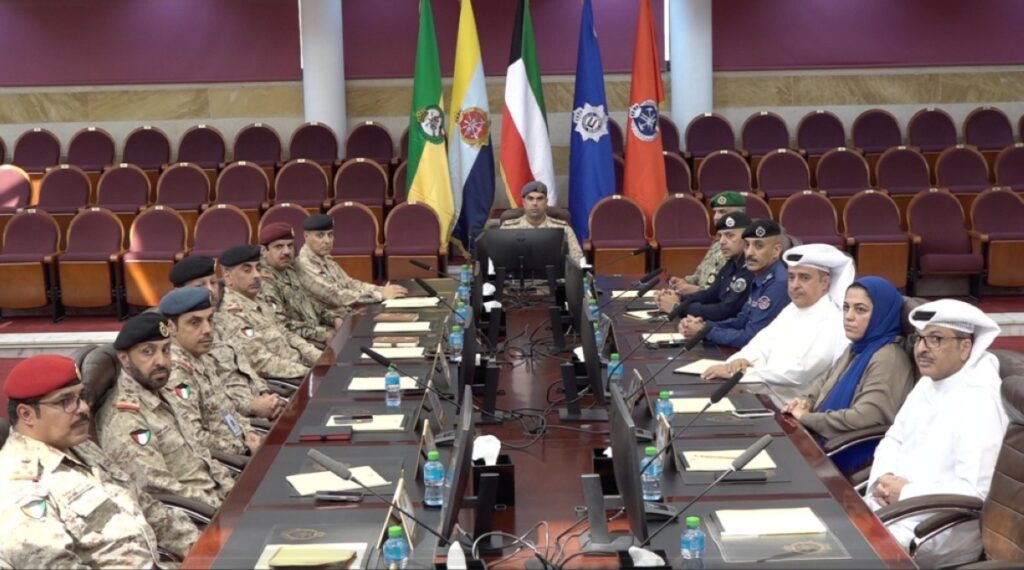Newly-acquired drones to support surveillance of borders, critical infrastructure
KUWAIT: Kuwait is moving to integrate its newly acquired Bayraktar TB2 drones into environmental surveillance and civilian operations, according to a statement by the General Staff of the Army following a high-level coordination meeting held Sunday. The meeting, chaired by Deputy Chief of the General Staff Lt Gen Sabah Jaber Al-Ahmad Al-Sabah, gathered senior military officials and representatives from the Ministry of Public Works, Kuwait Municipality, and the Environment Public Authority, alongside other civil and security agencies.
Discussions focused on how to organize reconnaissance flights and enhance the use of drone-generated data across state institutions, “in support of observation and follow-up efforts” and to “enhance the state’s capabilities in addressing security and environmental changes,” the statement said. The meeting also reviewed the technical systems onboard the Bayraktar drone and explored its applications in defense, environmental monitoring, and the protection of vital infrastructure and borders.
Lt Gen Al-Sabah emphasized the importance of using the drone beyond military settings. “The utilization of the Bayraktar drone’s capabilities is not limited to the military side only but extends to include many civilian sectors of the state,” he said. He called for greater coordination between military and civilian entities to maximize the benefits of this advanced aerial system. He described the drone as “a qualitative leap in capabilities for monitoring, environmental surveillance, and the protection of facilities and borders,” and underscored the responsibility to invest and deploy the system effectively.
The Bayraktar TB2 is capable of flying non-stop for 24 hours, carrying up to 650 kilograms. In 2019, it completed a test flight in Kuwait that lasted 27 hours and 3 minutes, despite high temperatures, strong winds, and sandstorms.
The coordination meeting follows the arrival of Kuwait’s first Bayraktar drones earlier this month, after a $367 million purchase agreement was signed with Turkish defense company Baykar in January 2023. Kuwait became the 28th country to acquire the TB2, a drone that has been used in conflict zones including Ukraine, Libya, and Azerbaijan.
Kuwait has also been training personnel for drone operations, with the first batch of TB2 operators graduating in Turkey in July 2024, and a second group earlier this year.
While Kuwait’s discussions mark an early step in integrating drones into environmental oversight, drones have increasingly been used for that purpose in recent years. In Pakistan’s Punjab province, officials launched a drone-linked environmental monitoring system in September 2024 to track factory emissions and enforce environmental laws. In the Arctic, high-speed drones were tested earlier this year to assess the rate of glacier retreat in Greenland. Research also points to the use of drones at landfills to detect methane emissions with high spatial and temporal precision, offering a low-cost alternative to traditional monitoring methods. — Agencies

